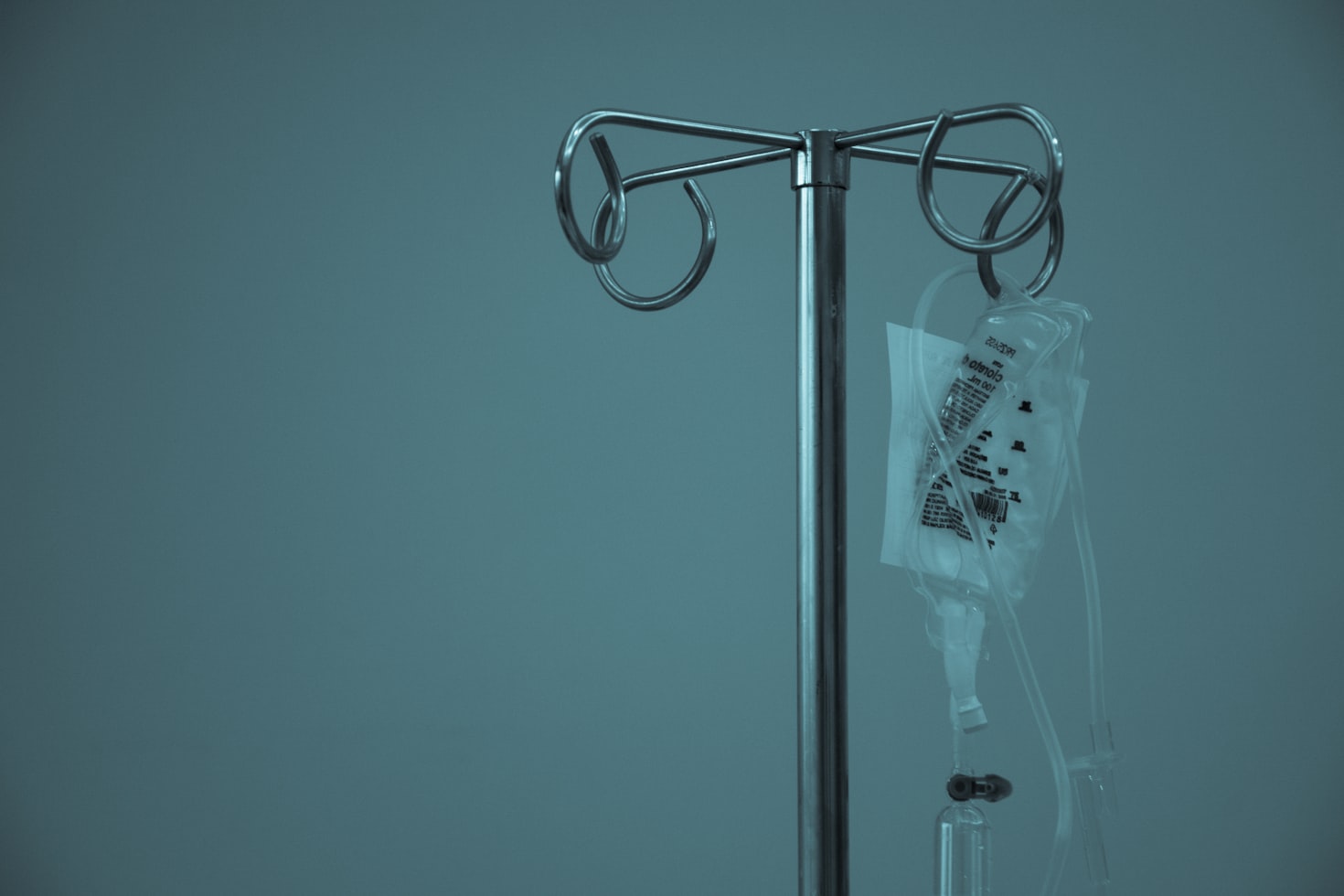
Navigating Healthcare During Crisis
My dad fell from the roof. It was 10pm, Friday night, July 7th, 2023. It’s the call you never want to receive. I was getting ready for the dog’s last walk, and then go to bed. Instead, I rushed over to Highland Hospital in Oakland.
Initially, it all seemed the head injury he sustained was minor. He had a concussion and some bruising, which did not appear to be a big deal. Matters got out of hand on the second day when the nurse treated the family as if he knew better than the doctors. The nurse forced my dad a standing position, even as he complained of naseua and dizziness. There was a lot of confusion, and the nurse thought he knew better than to ask the doctor if my dad needed another CT scan ordered.
The next day, I got a call from the night nurse that the staff rushed my dad into the operating room. A surgeon performed a craniotomy on my dad. Within 24 hours, they stabilized his intercranial pressure and removed excess blood that pushed his brain to one side. It was a life or death situation, and we were all praying for the best outcome. He was intubated post-operation until the next day. Mentally, he appeared barely existing for the next few days. After being in the ICU that week, he was moved to a step-down unit, a section of the hospital that is less intense than the ICU, where he was under routine supervision for the next week.
Reflecting on the situation, I took a few things away that many care-givers should know.
Don’t take the nurse’s or doctor’s word. If someone you love is in critical care, you are the first observer, especially if you are there 24/7. Having family members help in shifts are really important, as you can cover as much time as possible.
Seek out the patient advocate. If things are not going well, like the nurse has become combative, every hospital has a patient advocate. It may take time to dig up their information, but having someone who truly cares for patient safety can be the difference between life and death.
Don’t be afraid to ask questions. Although I might be an outlier in the amount of medical knowledge I have, I still ask questions, even qualifying ones. It’s important to know which medications are administered and why. It’s important to know when the nurse shift change is. It’s important to know when your loved one will be discharged. Much of what I’ve learned in the last month has helped me navigate what shouldn’t be such a complex healthcare system.
When writing this, I assume the following.
- The critical care facility is in the U.S. (California)
- Your loved one is in a life or death situation
- You have others helping you (makes it a lot easier)
I hope I’ll never have to come back to this note, but in the worst case scenario, I would have loved to read this advice.
Written by Jeremy Wong and published on .